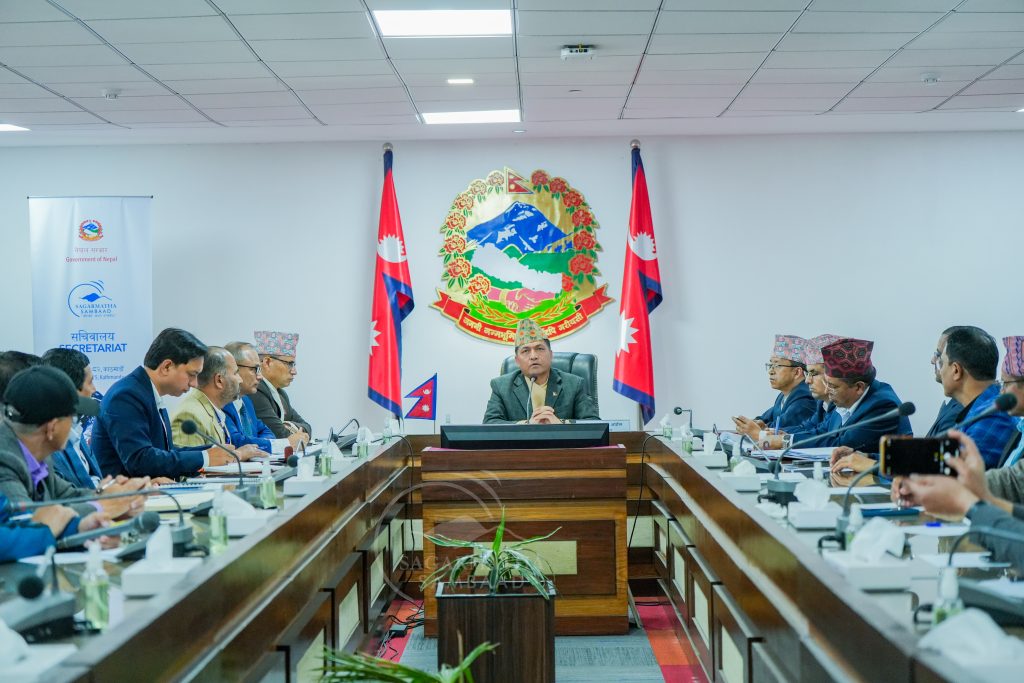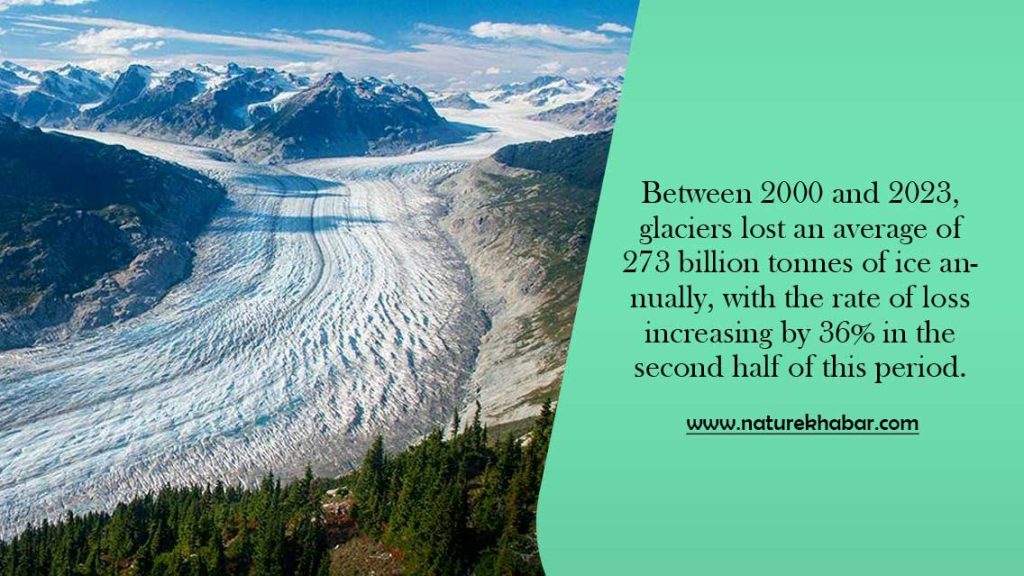CLIMATE CHANGE, A HUMAN RIGHT ISSUE
- Nature Khabar

 Climate change is any significant long term change in the expected pattern of average weather of a region over a significant period of time. It occurs when change in earth climate system result in new weather patterns that last for at least a few decades and may be million of years. It is one of the most urgent challenges of our time.The link between human rights and climate change are gaining more attention in the current situation.Climate change is not simply a political or economic issue. It is a human right issue, may be the biggest one in human history.
Climate change is any significant long term change in the expected pattern of average weather of a region over a significant period of time. It occurs when change in earth climate system result in new weather patterns that last for at least a few decades and may be million of years. It is one of the most urgent challenges of our time.The link between human rights and climate change are gaining more attention in the current situation.Climate change is not simply a political or economic issue. It is a human right issue, may be the biggest one in human history.
Different factors including oceanic process(oceanic circulation), biotic process(eg.plants), variation in solar radiation received by earth, plate tectonics ,volcanic eruption and human induced alteration of natural world like deforestation, urbanization, polluting the environment hapazardly are some of the responsible factors for climate change.
The intergovernmental panel on climate change(IPCC) confirmed its reports that climate change is real and that human made green houses gas emission are its primary cause.The increasing frequency of extreme weather events and natural disaster, desertification,water shortage and the spread of tropical and vector borne diseases have been identified as some of the adverse impact of climate change.If we continue spewing green house gases into the atmosphere, we not only destroy ecosystems and drive species to extinction, we indirectly violate human rights.
Climate change has directly and indirectly impact on arrange of human right issue.Small island state are among those where the effect of climate change are highly addressed. People in developing countries may be the most vulnerable to health risk.For eg. Sea level rise has meant water contamination, loss of land and crop for his/her nation with people facing lots of problems and challenges. In Vanuatu, another low lying island nation, a recent cyclone damaged most of the island infrastructure and left more than 3,000 people homeless. It remains the biggest moral challenges facing human kind and for low lying countries. Climate change poses a threat to internationally recognized human rights, including the rights to life,food security,water, health and the rights to live in your own country,"explained by David Estrin".
Nepal, land of climate diversity has very diverse climatic conditions ranging from tropical in the south to alpine in the north but it is highly vulnerable to impact of climate change.There is high risk of glacial lake outbrust, snow- capped mountains are becoming dull and dark which create the insecurity of human. Nepalese glaciers are retreating from several meters to 20m per year.Nepal's temperature is increasing rapidly 1.7˚c during last 30 years(1975 to 2005).
Increased in average temperature in Nepal is 0.06˚c per year(0.04˚c/year in terai and 0.08˚c/year in high mountain). Climate change is responsible for a drastic, yet often changes in seasonal water availability, resulting in drought conditions during the dry season and increased flooding during monsoon. It highly affects the farmers to plan ahead.Regarding to human health, projected climate change related exposure are likely to affect the health status of million of people,particularly those with low adaptive capacity.
Lots of people have to suffer from different diseases like malaria, dengue, cardio-respiratory diseases(due to higher concentration of ground level zone related to climate), increased malnutrition and consequent disorders, with implications for child growth and development. The results of global climate scenario modeling suggest that the impacts of climate change may be intense at high elevations and in region with complex topography, as in the case in Nepal's mid-hills.
In September 2019, Greta Thunberg and school students lead climate crisis protest to demand action be taken to address climate change,as it happened from Sydney. Millions of people were marching for urgent action on climate breakdown.
In order to mitigate climate change different organization were involved. UNFCCC (United Nation Framework Convention on Climate Change) to stabilize GHGs(green house gases) at a level that would prevent dangerous human interference of the climate system. OHCHR(the office of the high commission for human rights) pointed out that climate change requires global solutions which should build on reinforce human rights commitments.
Our own efforts too can help to address climate change by conserving water reservoirs through increasing forest coverage extending community forestry programme, reducing the emissions of GHGs, increasing the capacity of carbon sinks through reforestation, establish and updating database on climate change and health relationship through researches.
Climate change is one of the biggest challenge for future generation.So, let's move forward together and create a healthy earth which safeguard our health.




Feedback